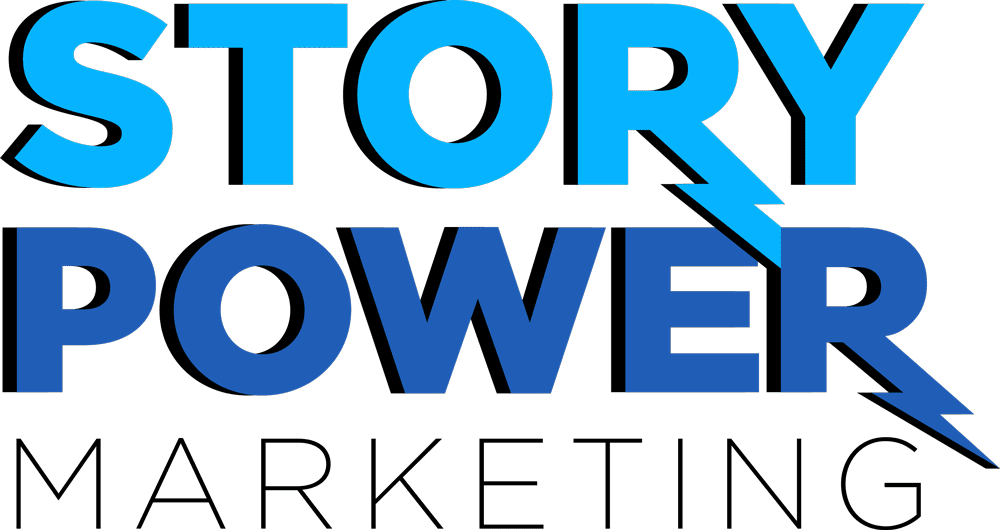The Winner in a Landslide…

The voters have spoken.
Alan reigns. So does irrationality.
Let me ‘splain…
In yesterday’s email, I asked you to choose between Alan and Ben. I described them both.
Alan is “intelligent — industrious — impulsive — critical — stubborn — envious”
Ben is “envious — stubborn — critical — impulsive — industrious — intelligent”
Funny thing about Alan and Ben…
…They have exactly the same traits.
So riddle me this, dear voter…
…if the candidates have identical traits…
…why did Alan get 84% of the votes?
Because we humans make irrational snap judgements based on the “halo effect.”
In his book “Thinking Fast and Slow,” Daniel Kahneman says we operate with two modes of thought:
 System 1: Fast, instinctive, emotional.
System 1: Fast, instinctive, emotional.
 System 2: Slow, rational, logical.
System 2: Slow, rational, logical.
System 1 often rules — even when we think we’re slowing down for the choice.
When we’re thinking fast (System 1), we give more weight to first impressions.
That’s why Alan (“intelligent, industrious, etc…) defeats Ben (“envious, stubborn, etc…”).
Our first impression of intelligent, industrious Alan puts a halo around him.
So by the time we see he’s also critical, stubborn, and envious, it doesn’t matter. We’ve locked in our snap judgement.
We may even see Alan’s “critical, stubborn, and envious” traits as virtues — because the halo effect changes how we define ambiguous words.
“The initial traits in the list change the very meaning of the traits that appear later. The stubbornness of an intelligent person is seen as likely to be justified and may actually evoke respect,” Kahneman writes. “But intelligence in an envious and stubborn person makes him more dangerous.”
If we were thinking slow and rationally, we would conclude there’s no difference between Alan and Ben. We would ask, “Does the order of the traits listed have meaning?” We would demand greater clarity. Without it, Alan and Ben are identical.
But we humans tend to think fast (more than we realize). We make snap judgements. We choose based on instinct, emotion, and first impressions — not rational calculations.
What does this mean for you and your business?
It means you need to read “Thinking Fast and Slow.” Or, as a shortcut, you can attend tomorrow’s Mastermind Book Club meeting where we’ll discuss “Thinking Fast and Slow.” (The “halo effect” is just one example of how we humans think.)
This book helps marketers, business leaders, and anyone else who benefits from understanding how others make decisions. It also helps us understand how we make decisions — so we can make better decisions and understand the choices we make.
Join the Club…and the conversation
Each month, Ted Prodromou and I choose a book for the Club.
He and I read the selected book.
Book Club Members — some who also read the book, some who don’t — gather live on Zoom on the fourth Thursday of each month (this Thursday at 2:30 p.m. ET, 1:30 p.m. CT).
We discuss the book and how we will apply its lessons in our business. You don’t have to read the book to benefit from the discussion.
I can’t wait to discuss “Thinking Fast and Slow” with Book Club members on Thursday.
If you’re already a member, you should be receiving emails with the Zoom link for Thursday’s meeting (or you can log in to the clubhouse to get the link).
If you haven’t joined the club, time’s a wastin’. Click the button below to join (it’s free). You’ll see the Zoom link on the welcome page after you sign up.
Don't go away yet..
p.s. Coaches, authors, and consultants hire me to power-up their creative content and storytelling to captivate prospects, stand-out and book more business.
Whenever you're ready, here are several ways I can help you become a storytelling stand-out so you'll land more clients without pitching and prodding:
1) Get the Story Power Profit Pack -- 52 Strategies, Tips, and Tactics to Transform Your Content from Ignored to Adored.
2) Watch the free, 7-minute Micro-Training: “The 3 Most Important Storytelling Keys to Captivate Prospects and Inspire Them to Act -- Without Pitching and Prodding.”
3) Become a Story Power VIP: Master how to discover, assemble, and deliver business-building stories. Twice-monthly live masterclasses. Members-only content. One-on-one feedback and consulting sessions. And more… If you'd like to learn more about our VIP program, just reply to this email and put "Story Power VIP" in the subject line. I’ll contact you with more details.
4) Work with me one-on-one: If you’re interested in working directly with me -- to discover, assemble, and deliver powerful, business-building stories -- simply reply to this email and change the subject line to "Private Client." Tell me a little about yourself, your business, and what you'd like to accomplish, and I'll reply to discuss options.
5) Invite me to speak at an event: I can tailor a presentation that meets the specific needs of your organization. Informative. Entertaining. Virtual or live. Potential for continuing education credits when applicable for your group. If interested, reply to this email and change the subject line to “Speaking Engagement.” I’ll circle back to discuss the possibilities.
Want to get great content like this...
...delivered straight to your inbox?
Join our email list...
Post Categories
Previous Post
Next Post
